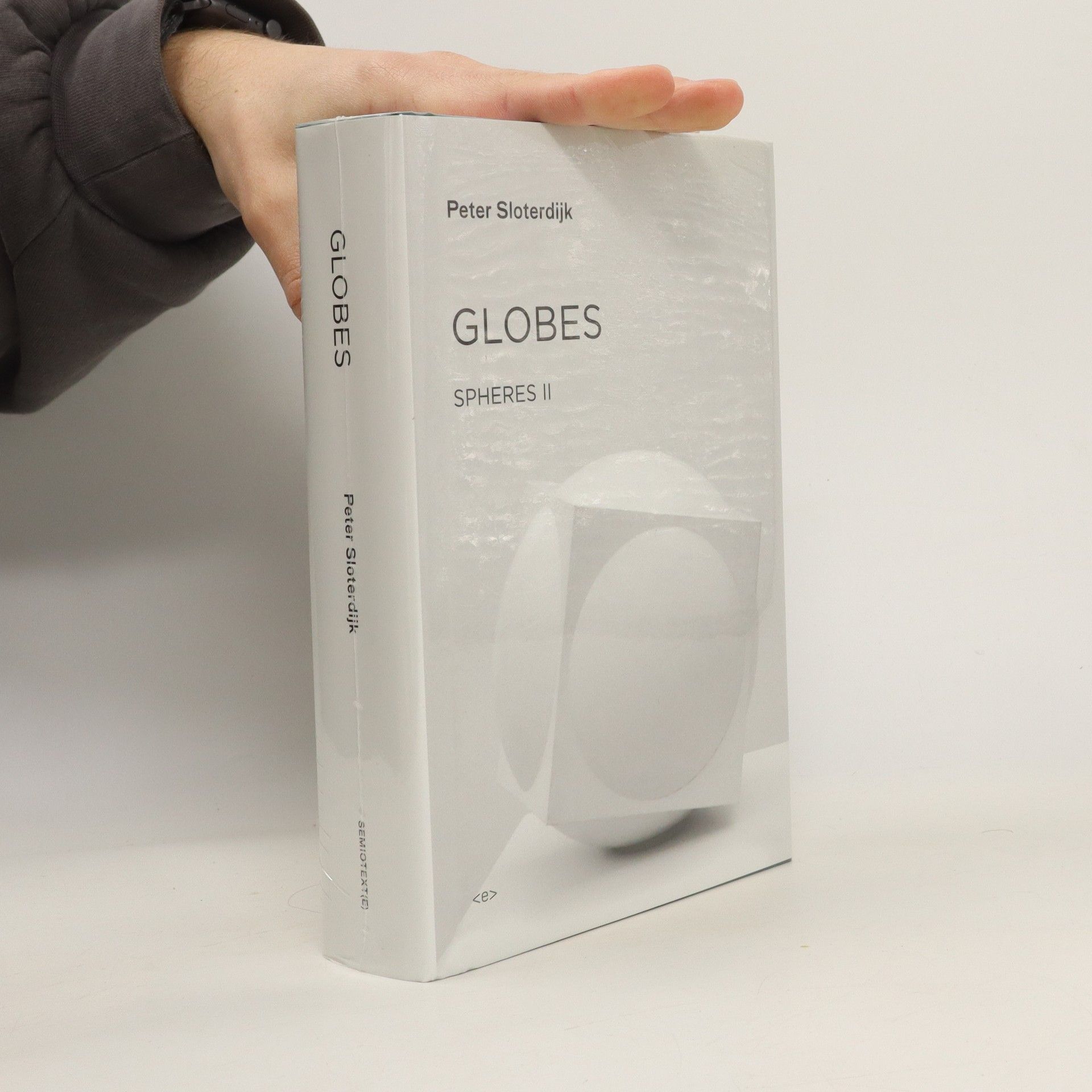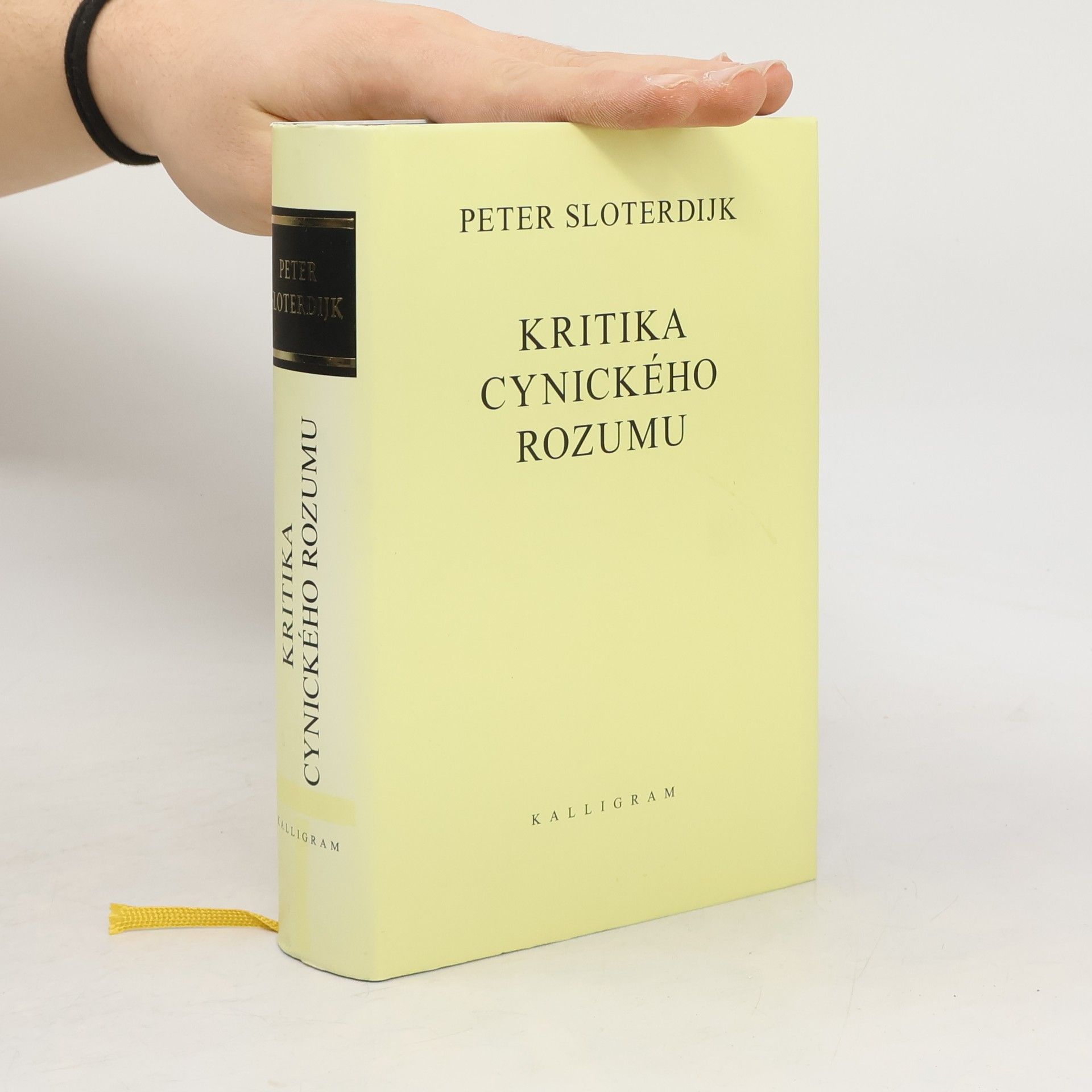Kritika cynického rozumu
- 693 stránok
- 25 hodin čítania
Peter Sloterdijk je jedným z najznámejších a zároveň najkontroverznejších nemeckých filozofov súčasnosti. Túto charakteristiku potvrdzuje už jeho prvé veľké dielo Die Kritik der zynischen Vernunft (Kritika cynického rozumu, 1983, v ktorom sa originálnym spôsobom vyrovnáva s dedičstvom skeptického racionalizmu Frankfurtskej školy. Základom jeho úvah je neradostná diagnóza intelektuálnych a kultúrnych pomerov v západnom Nemecku po krachu revolučných očakávaní v roku 1968. Tie podľa Sloterdijka vystriedal cynizmus definovaný ako „osvietené falošné vedomie“ či postoj ľudí, ktorí „už vedia, čo robia“. Východisko z tejto situácie nachádza nemecký filozof v návrate k antickému kynizmu ako alternatíve „lepšieho“, v antropologickom zmysle integrálneho rozumu, teda základného predpokladu zmyslupného a aktívneho života. Dialektické napätie medzi oboma pojmami, ktoré sa na prvý pohľad líšia len etymologickým posunom medzi samohláskami c a k, považuje Sloterdijk za paradigmu kultúrnych dejín Západu. Nadčasovosť a myšlienkovú provokatívnosť tejto knihy podčiarkuje autorov neformálny štýl kombinujúci – často až „nižší“ – polemický žáner s literárnou esejou, vďaka čomu sa kniha stala populárnou aj mimo vedeckých kruhov. Akiste ani dnes nezaškodí pouvažovať o cynizme - jeho kultúrnej histórii a dialektickej podstate. V slovenskom preklade Miloslava Szabóa vychádza toto významné filozofické dielo prvý raz.







